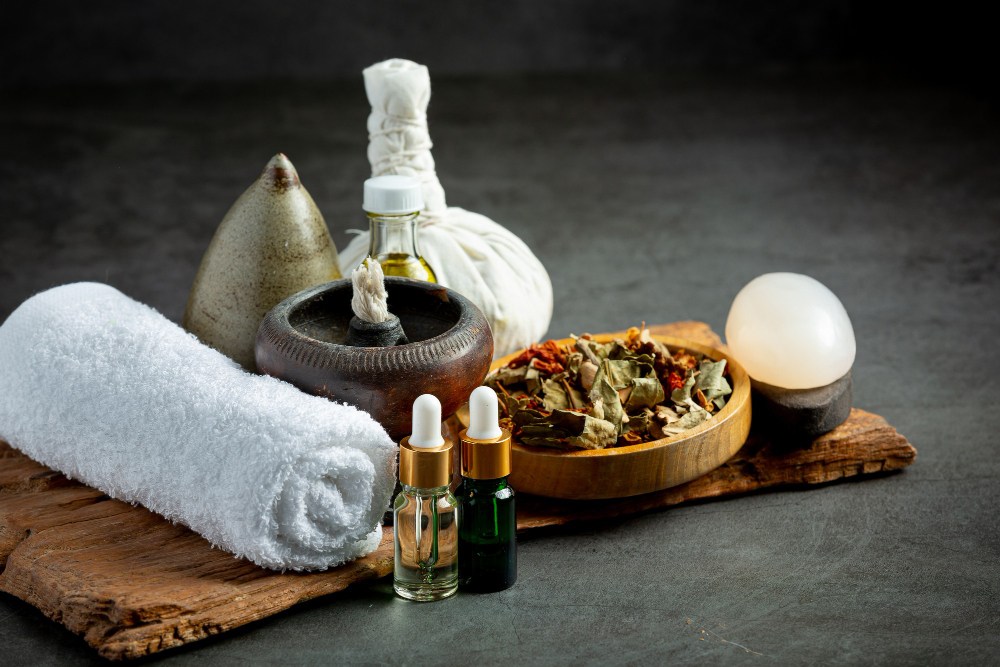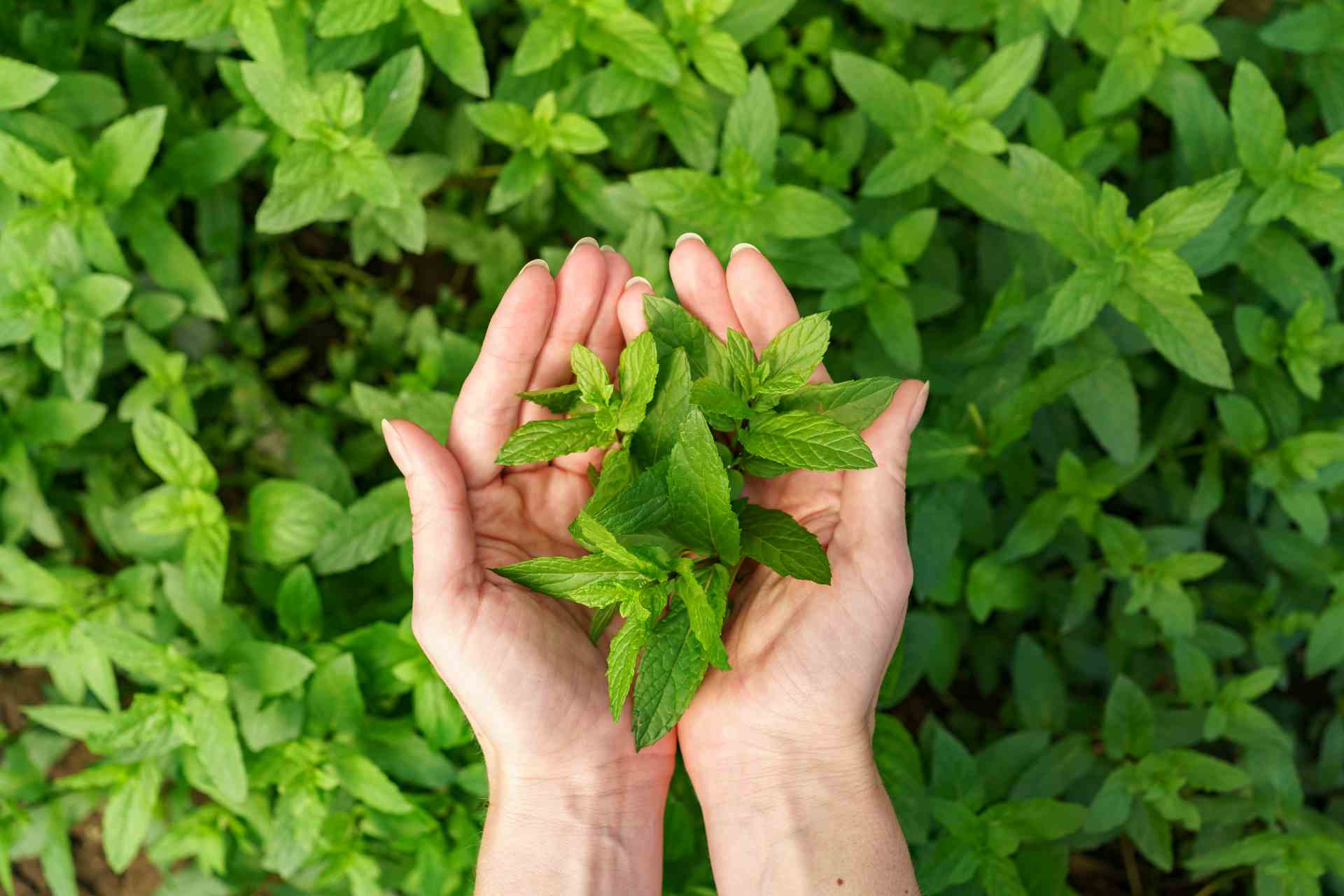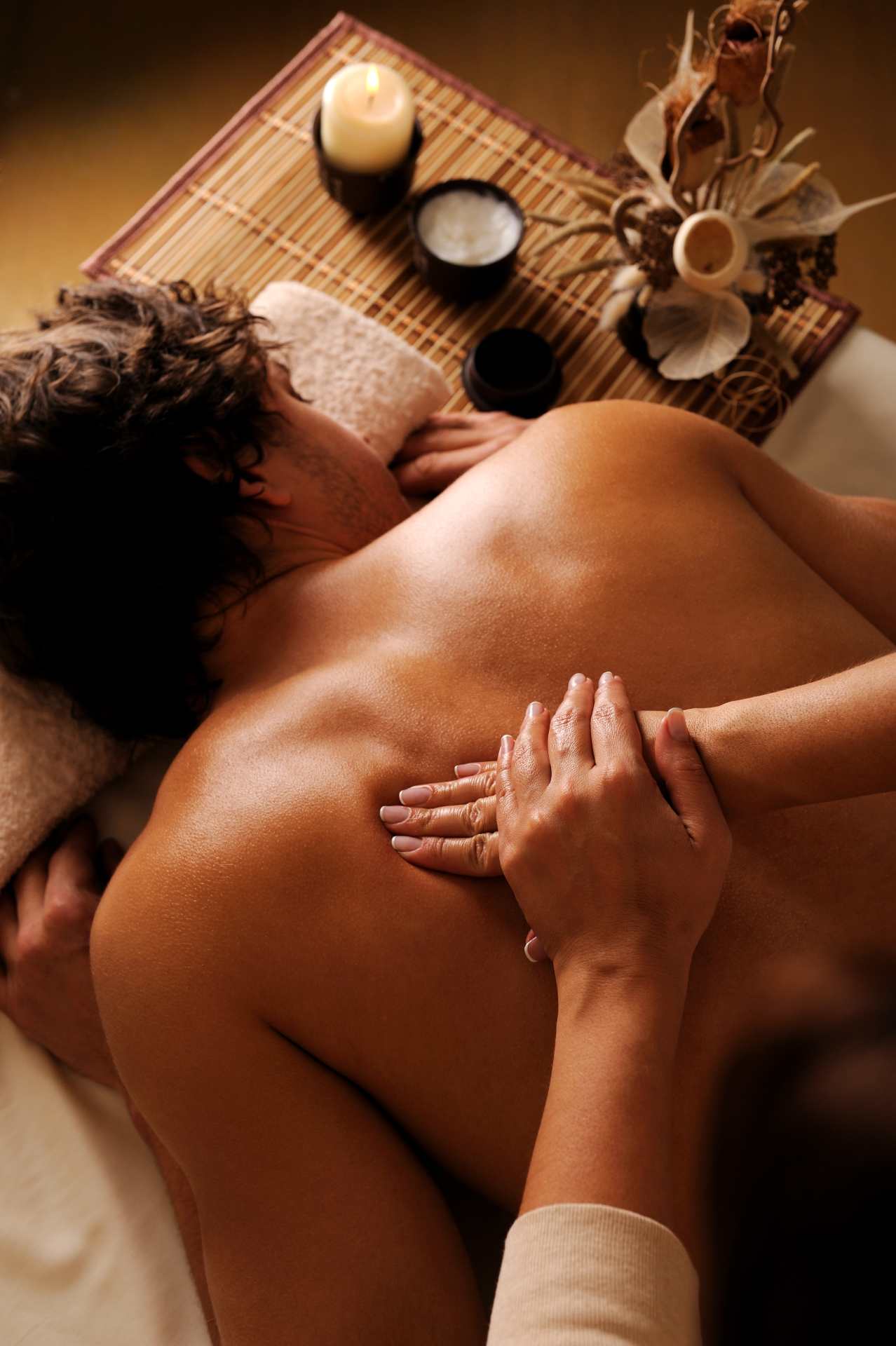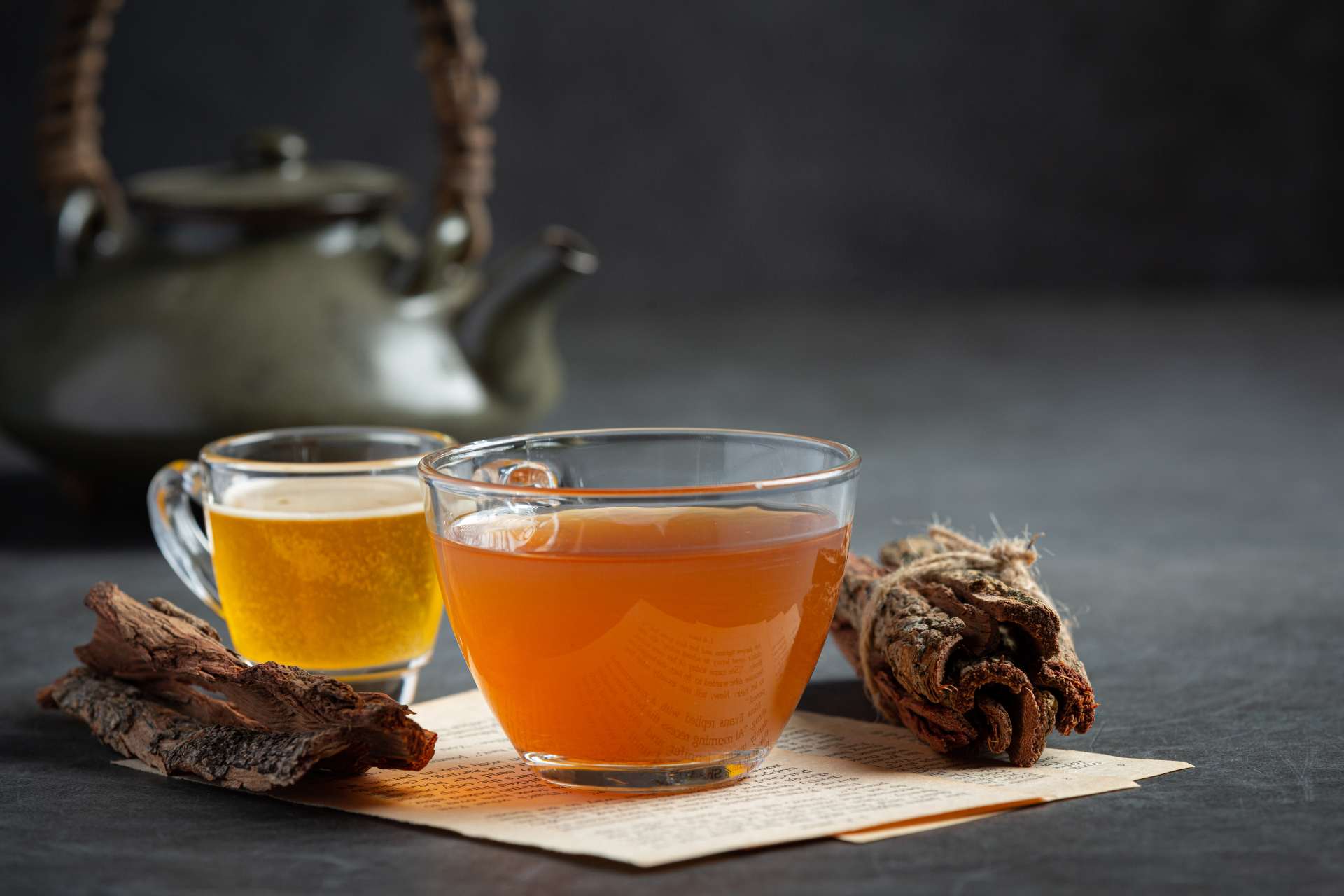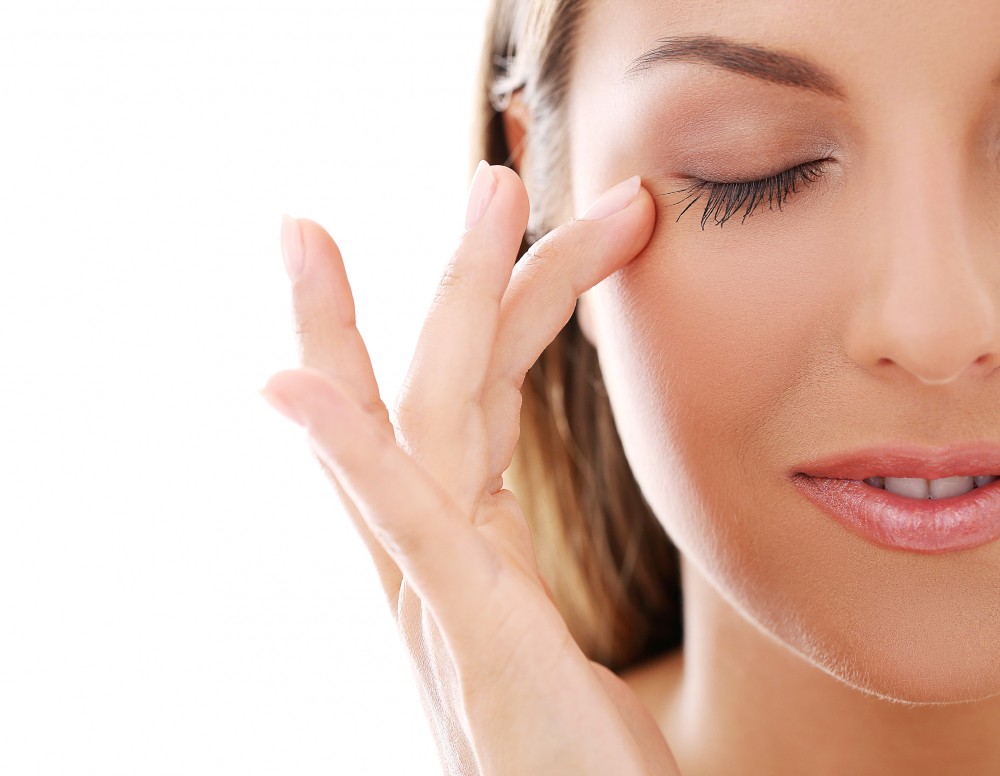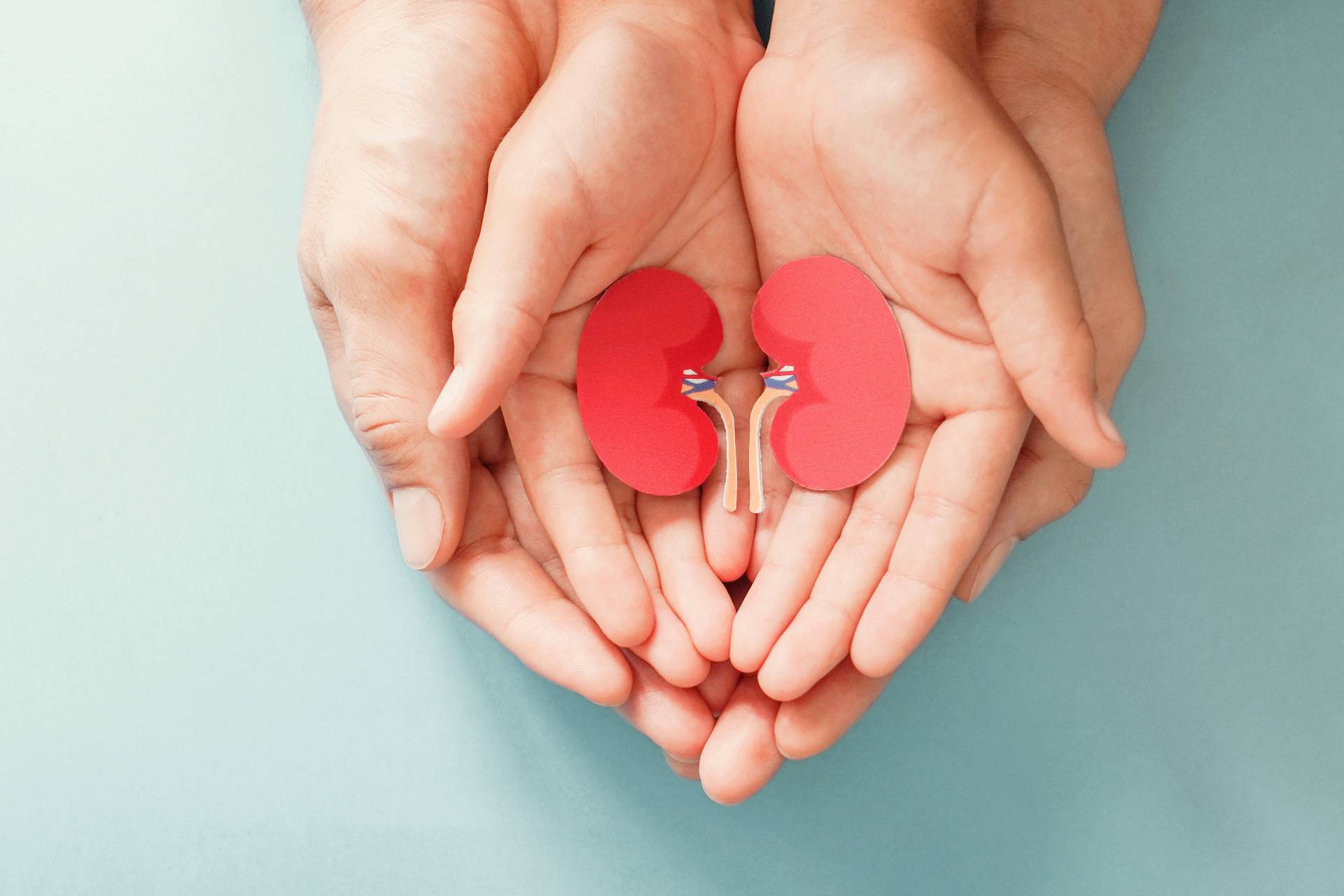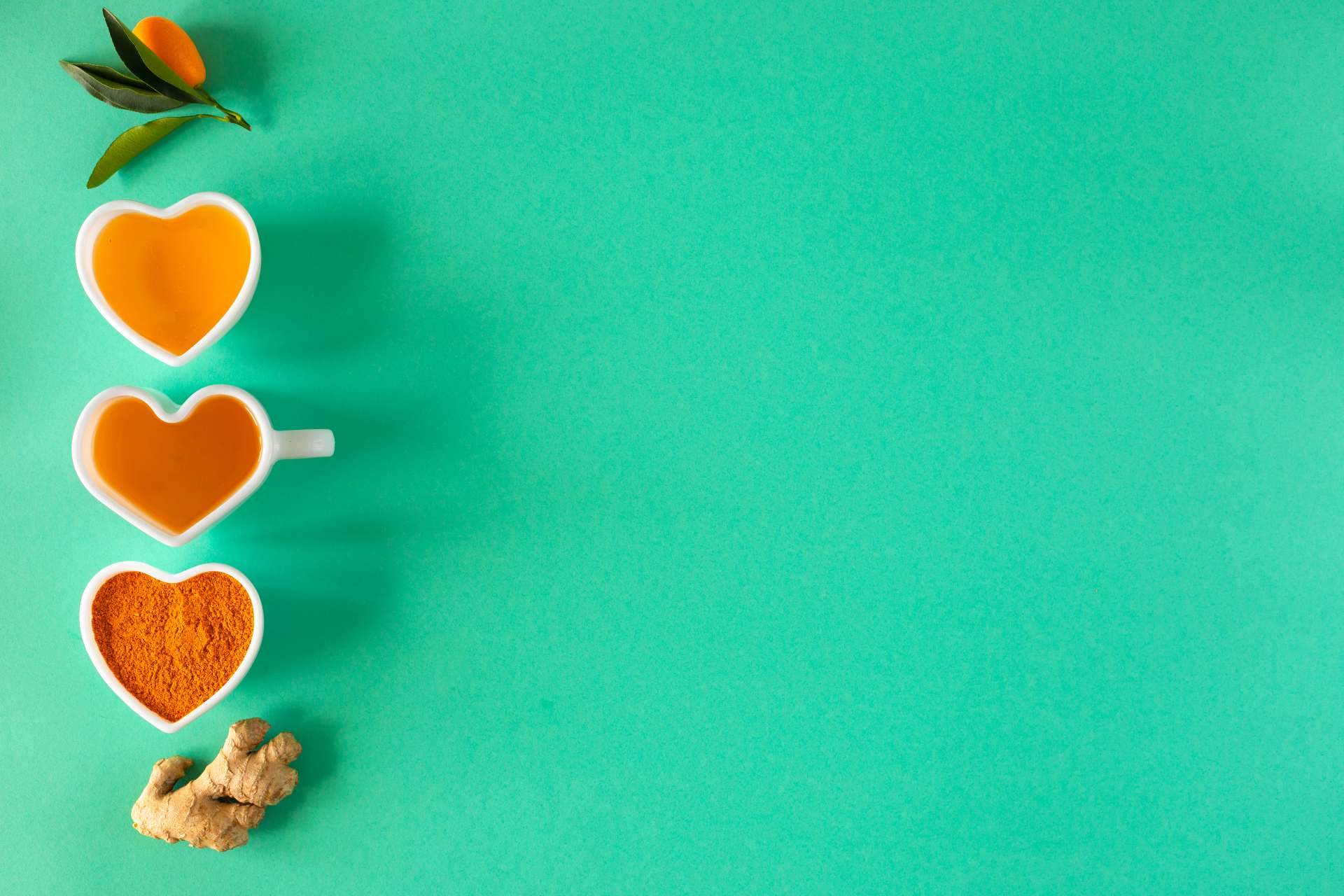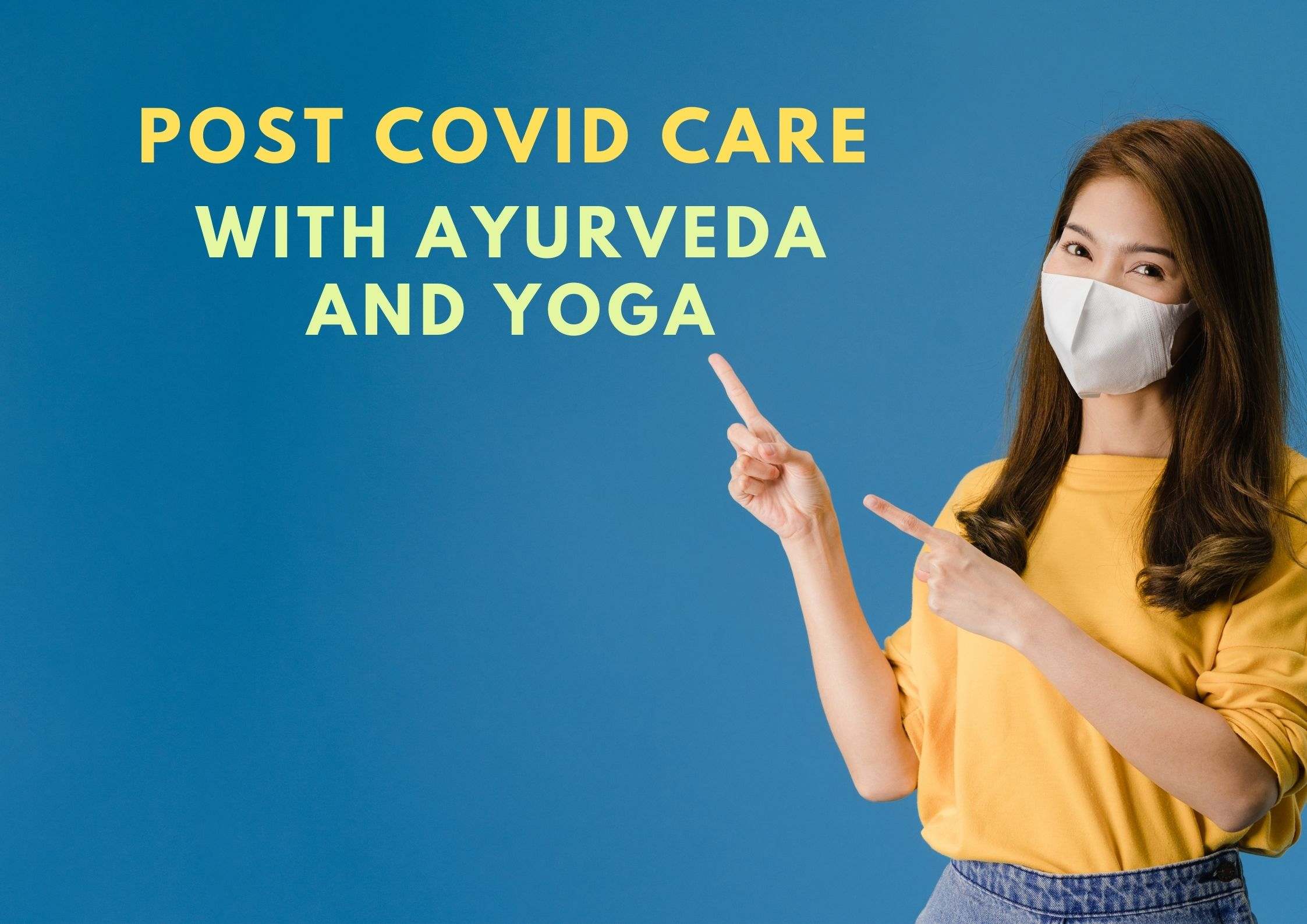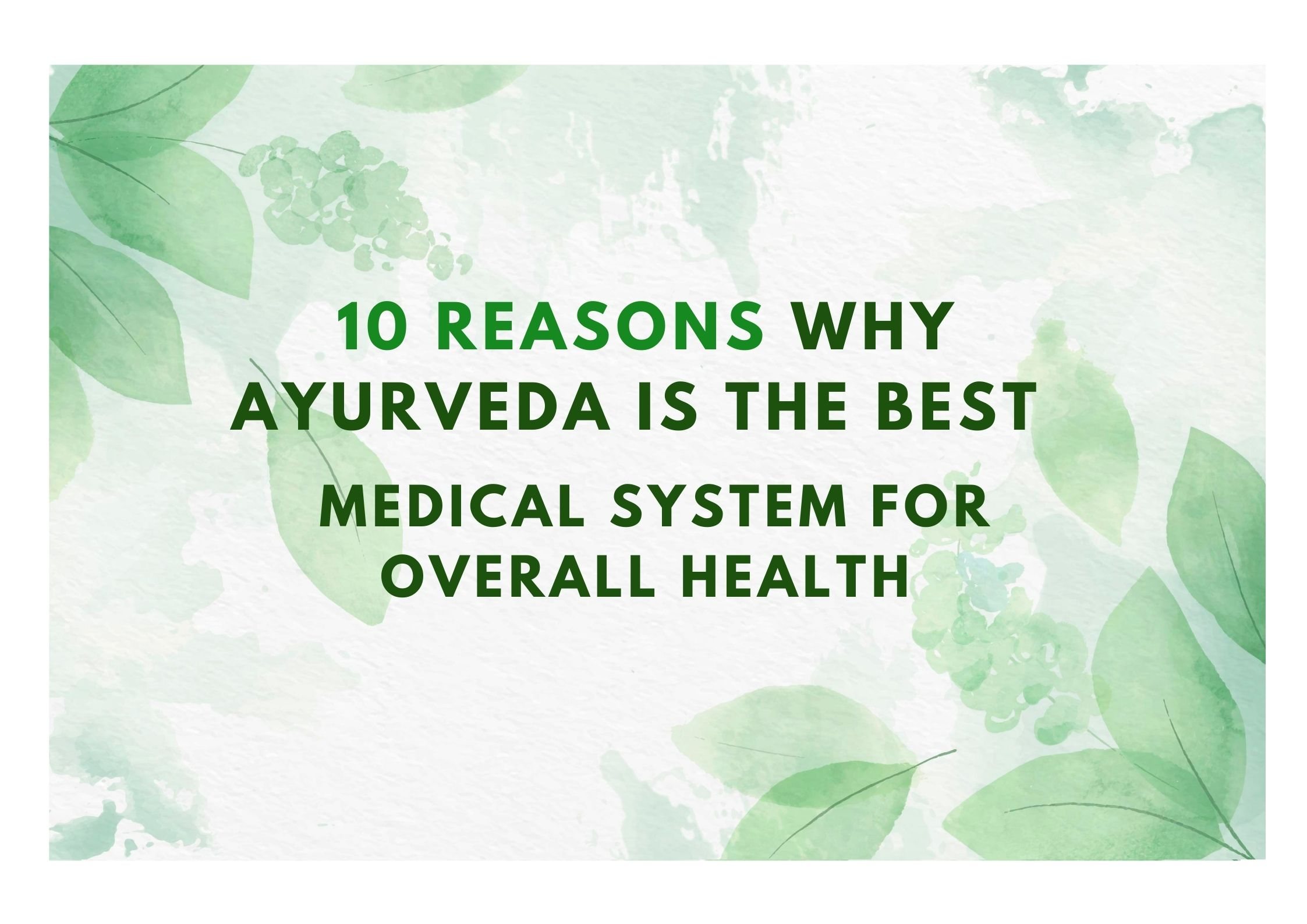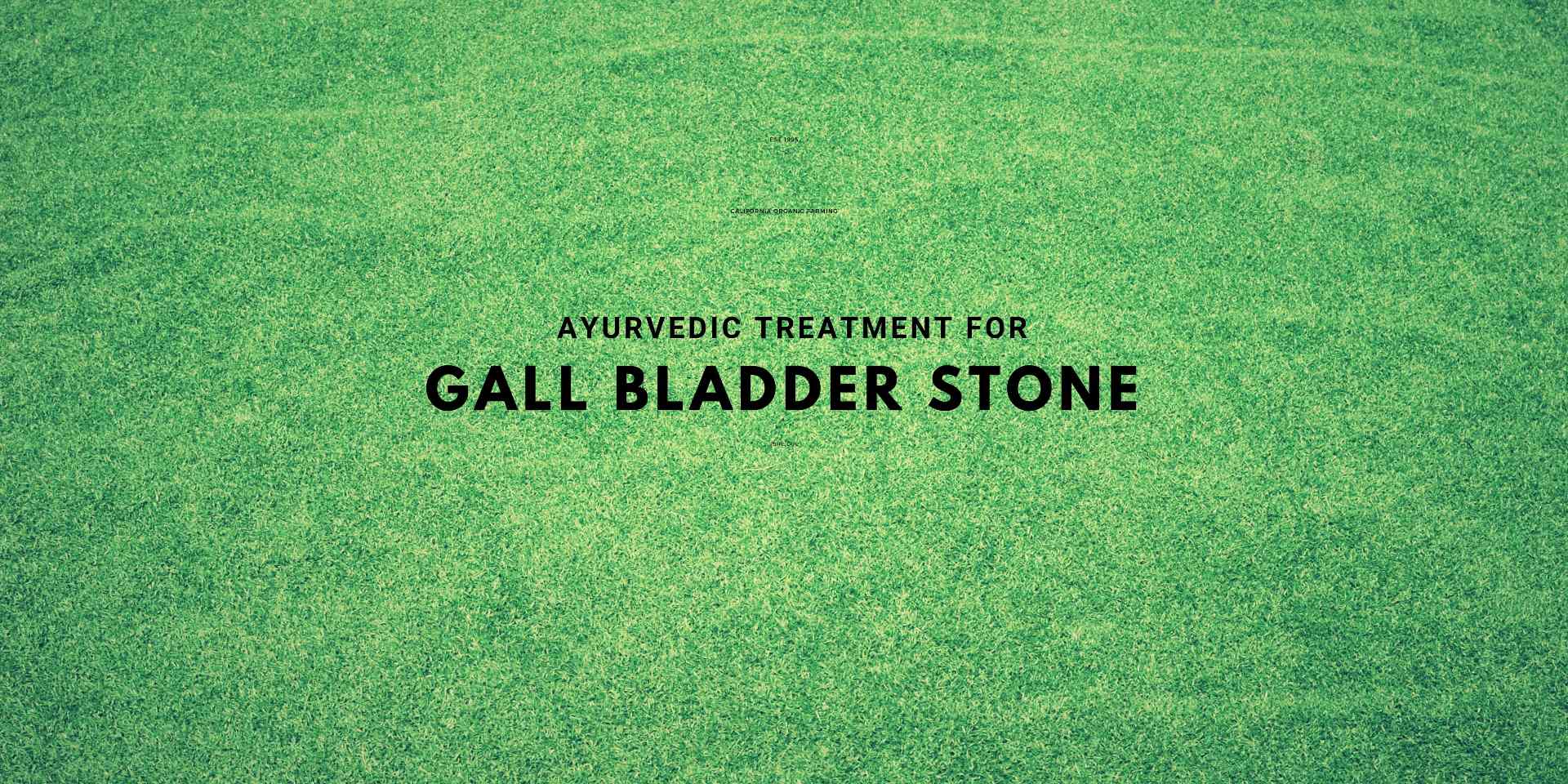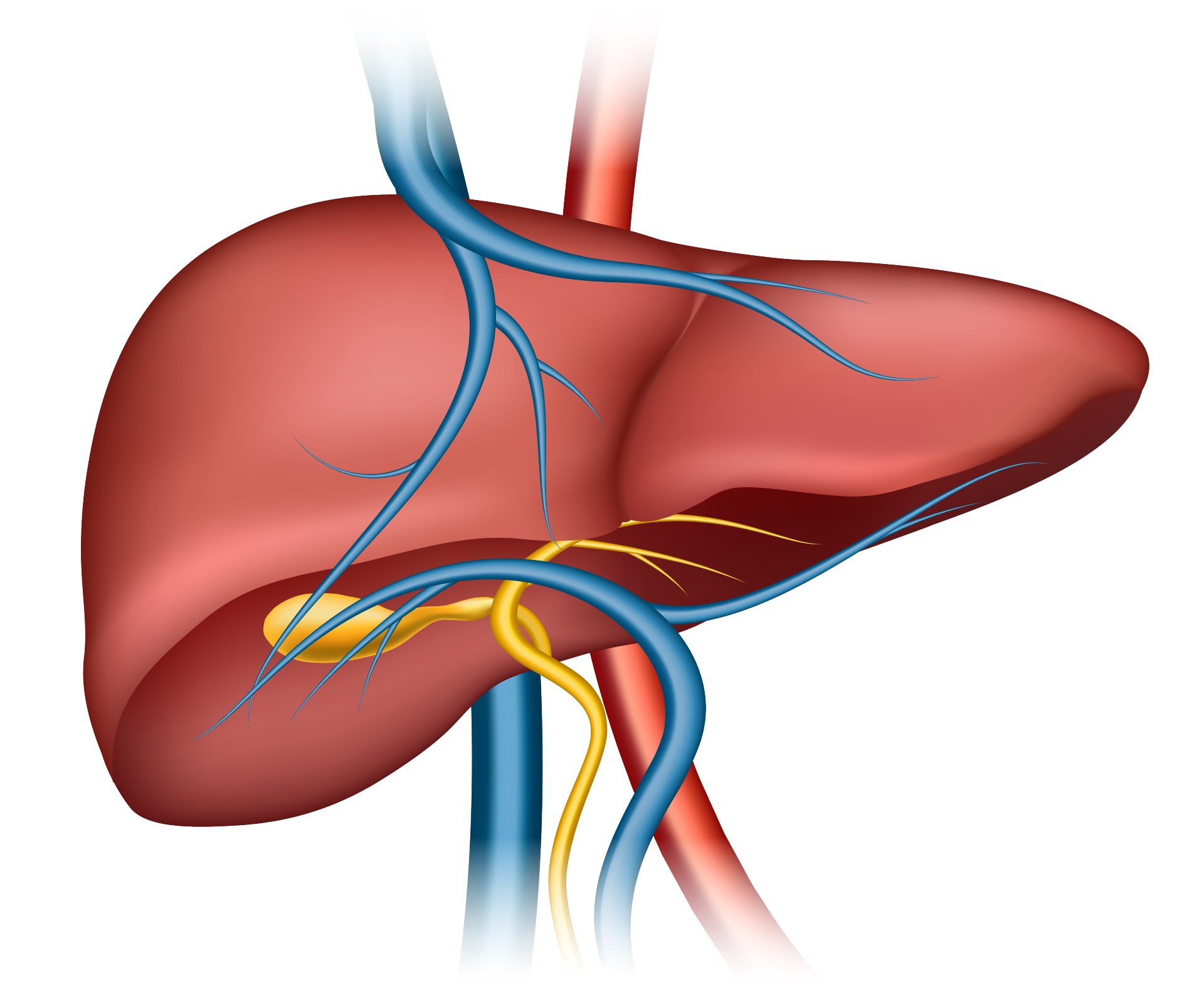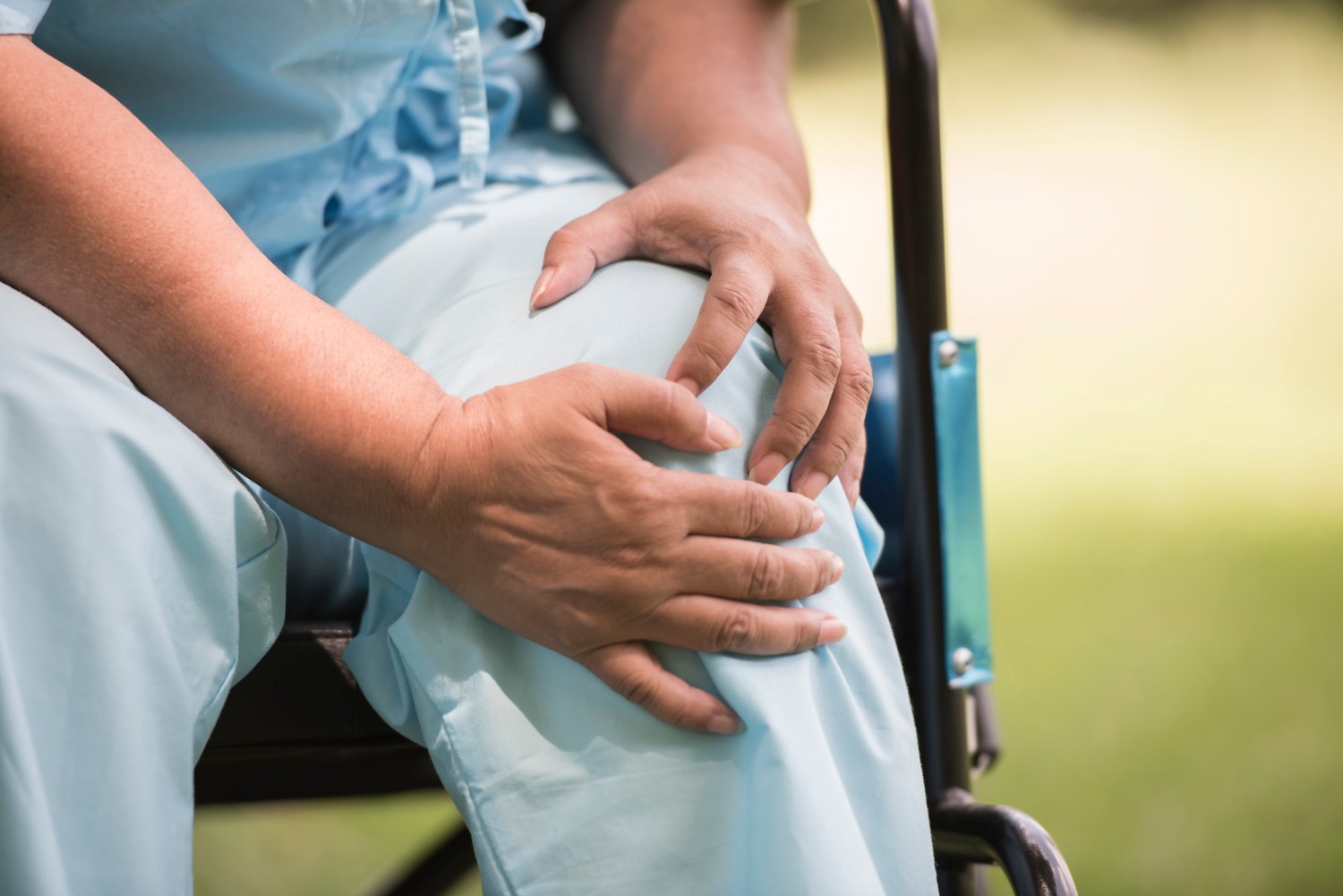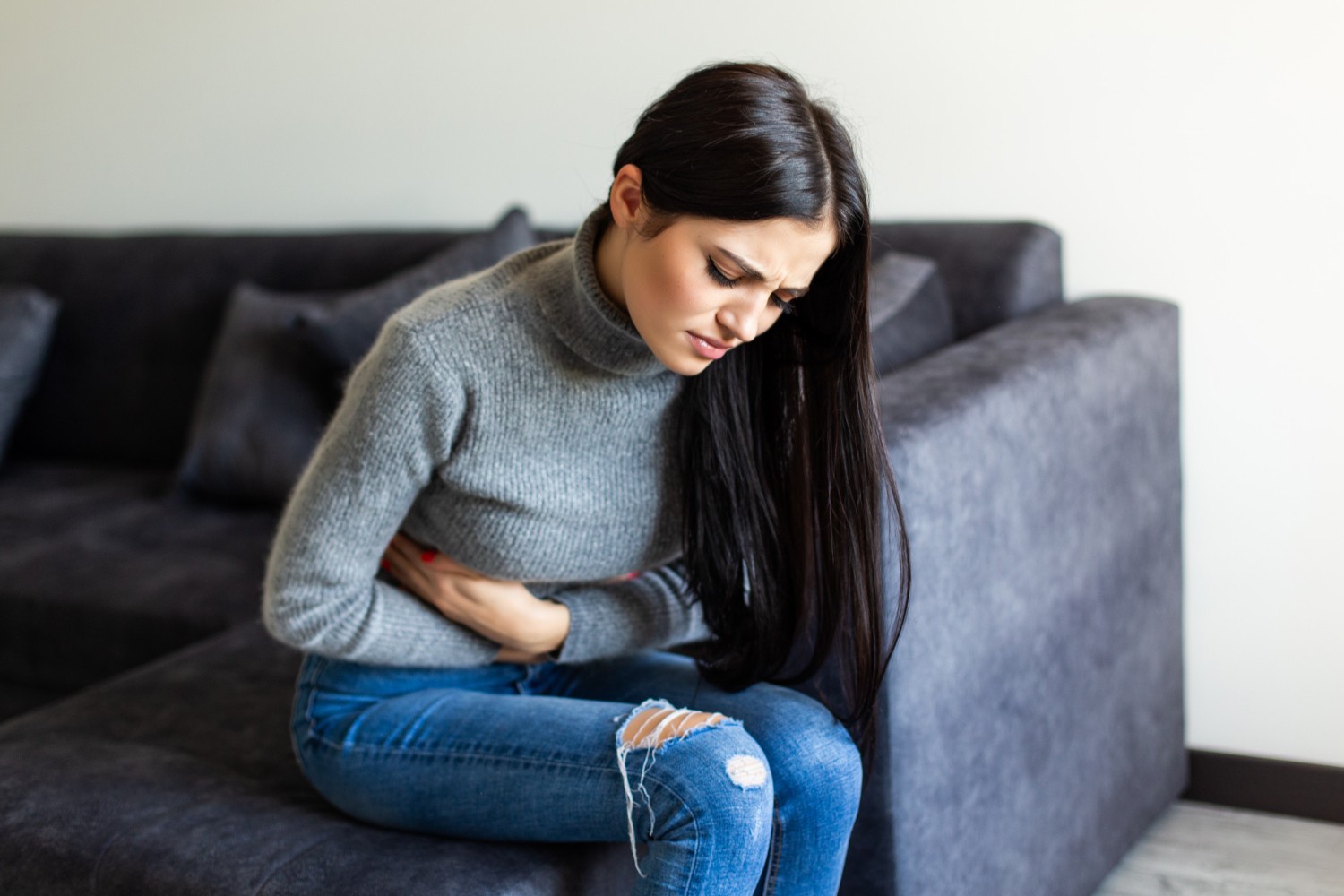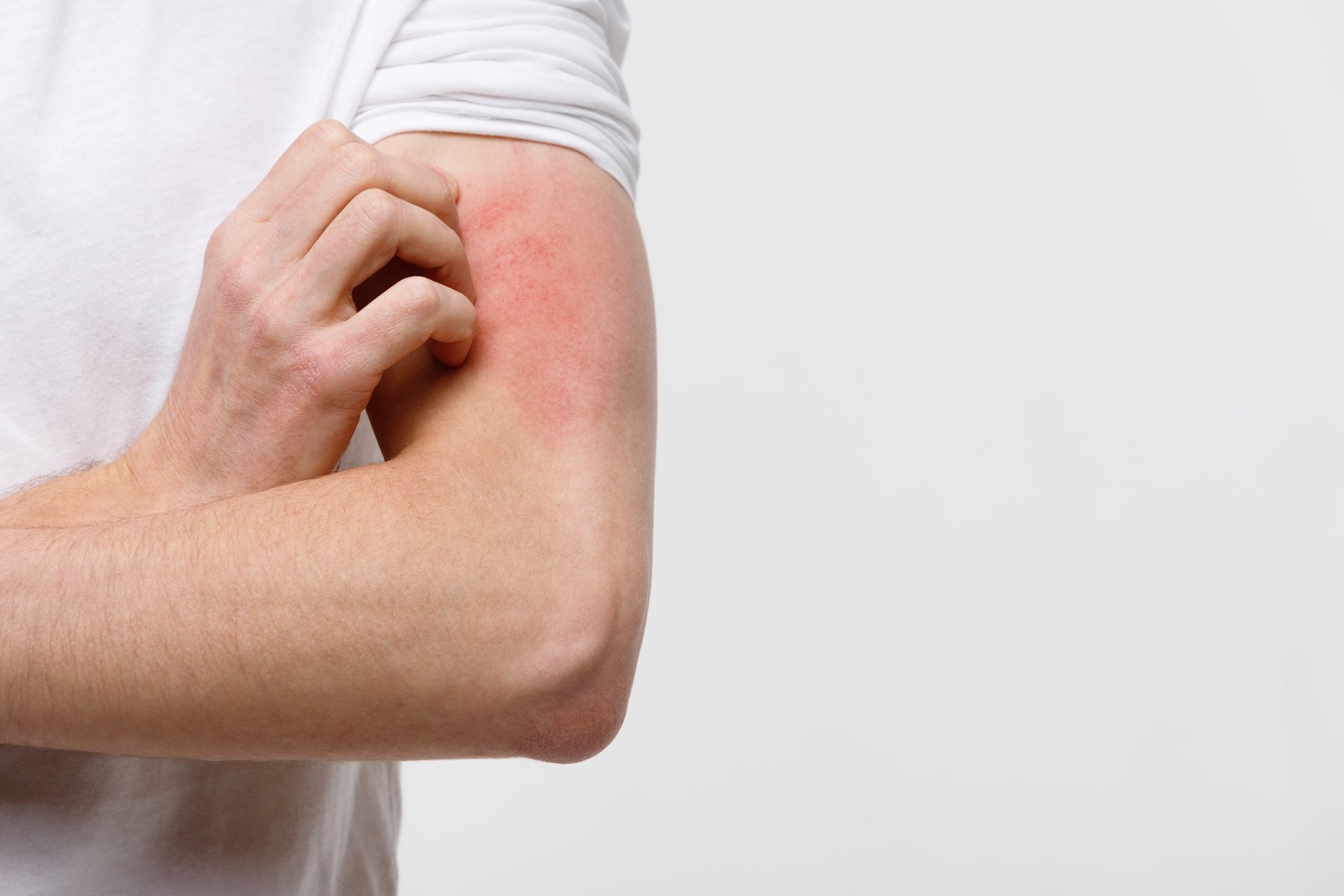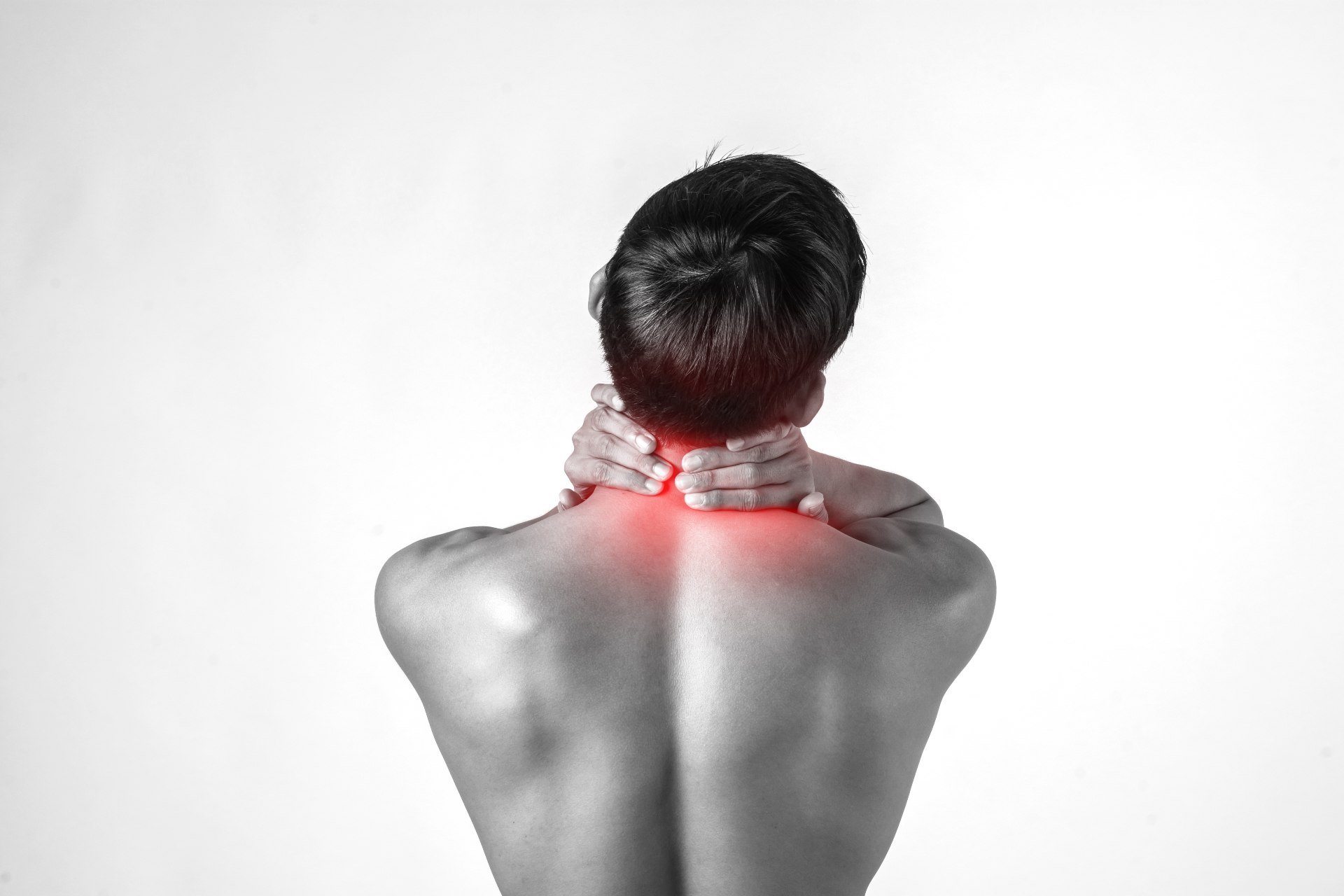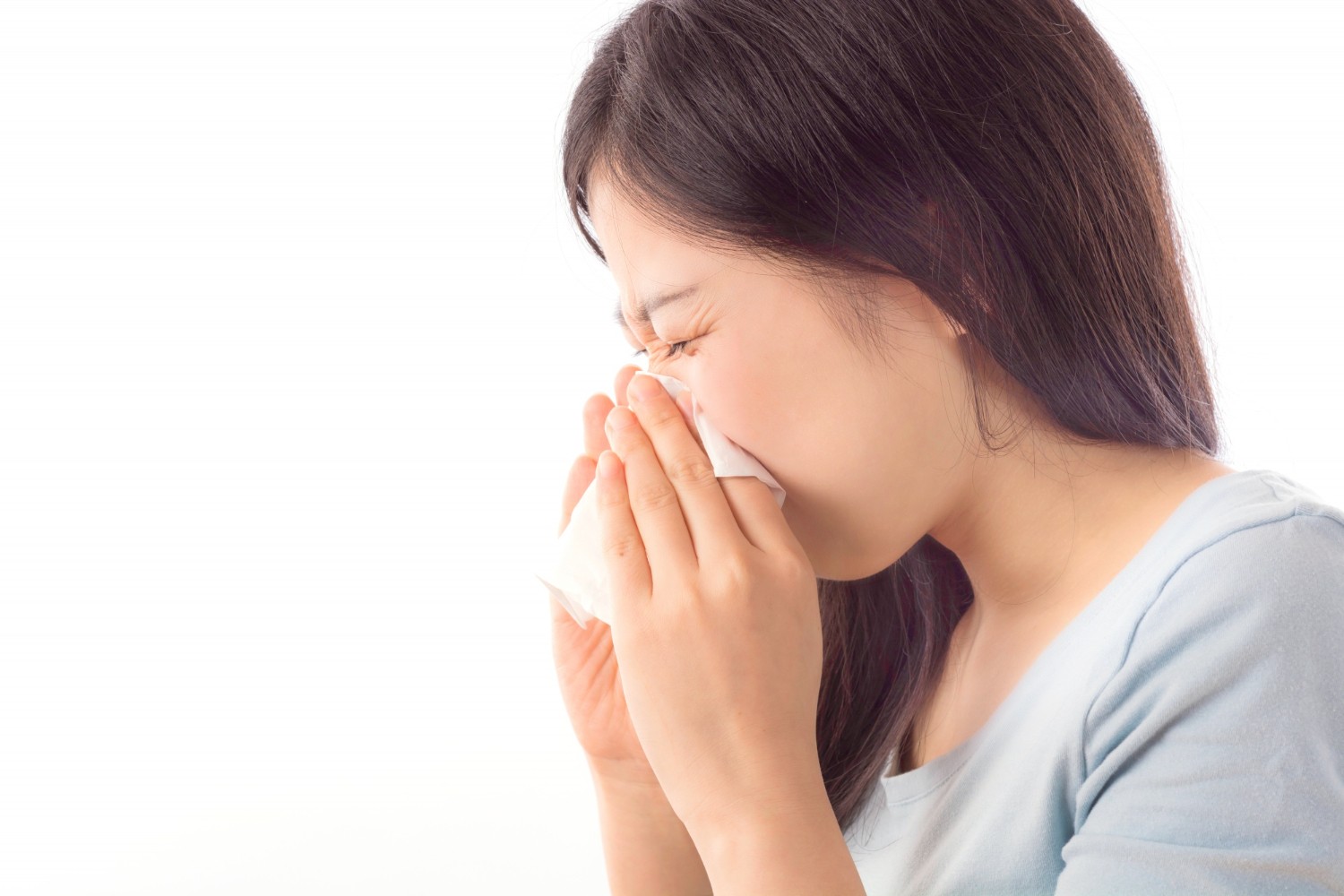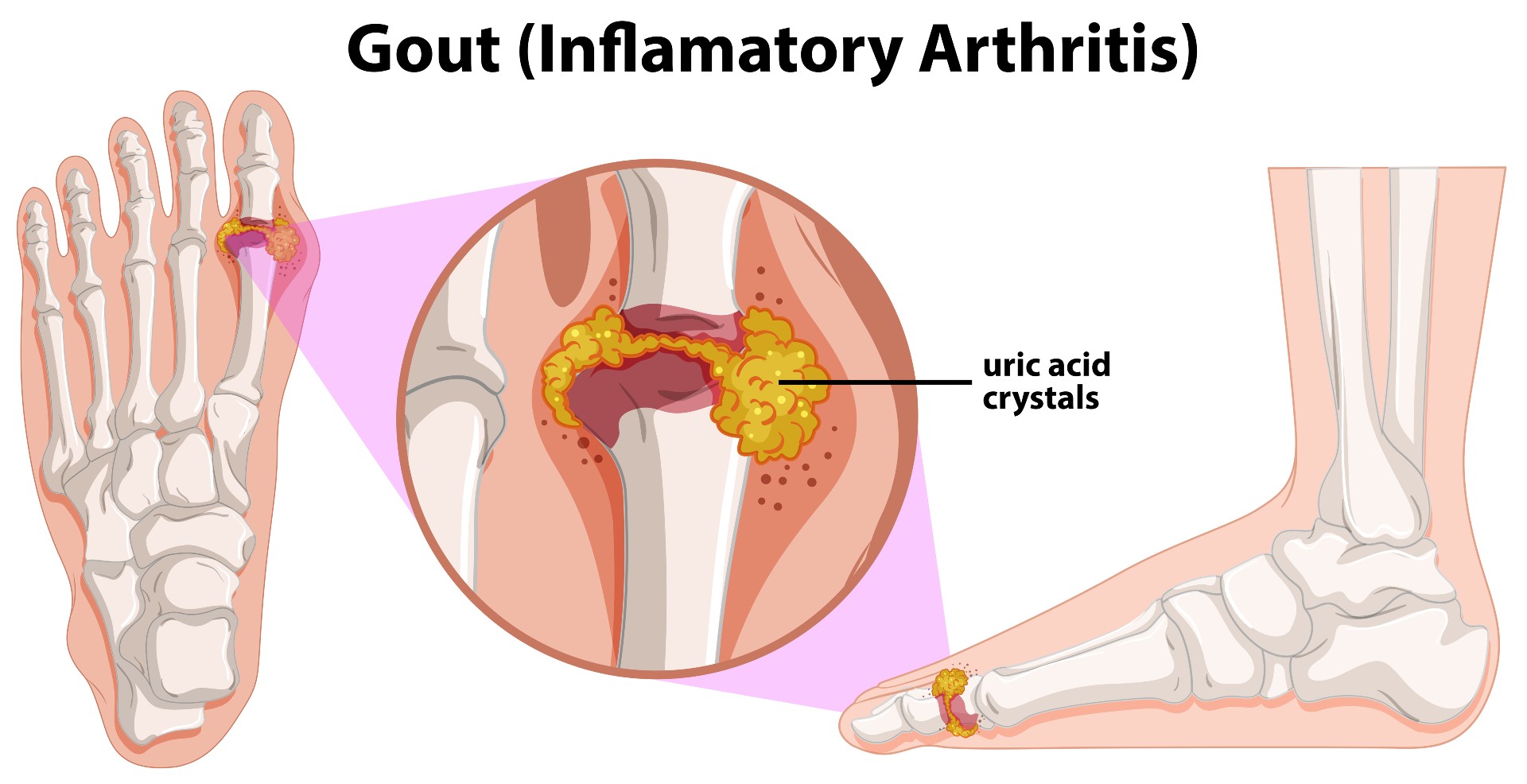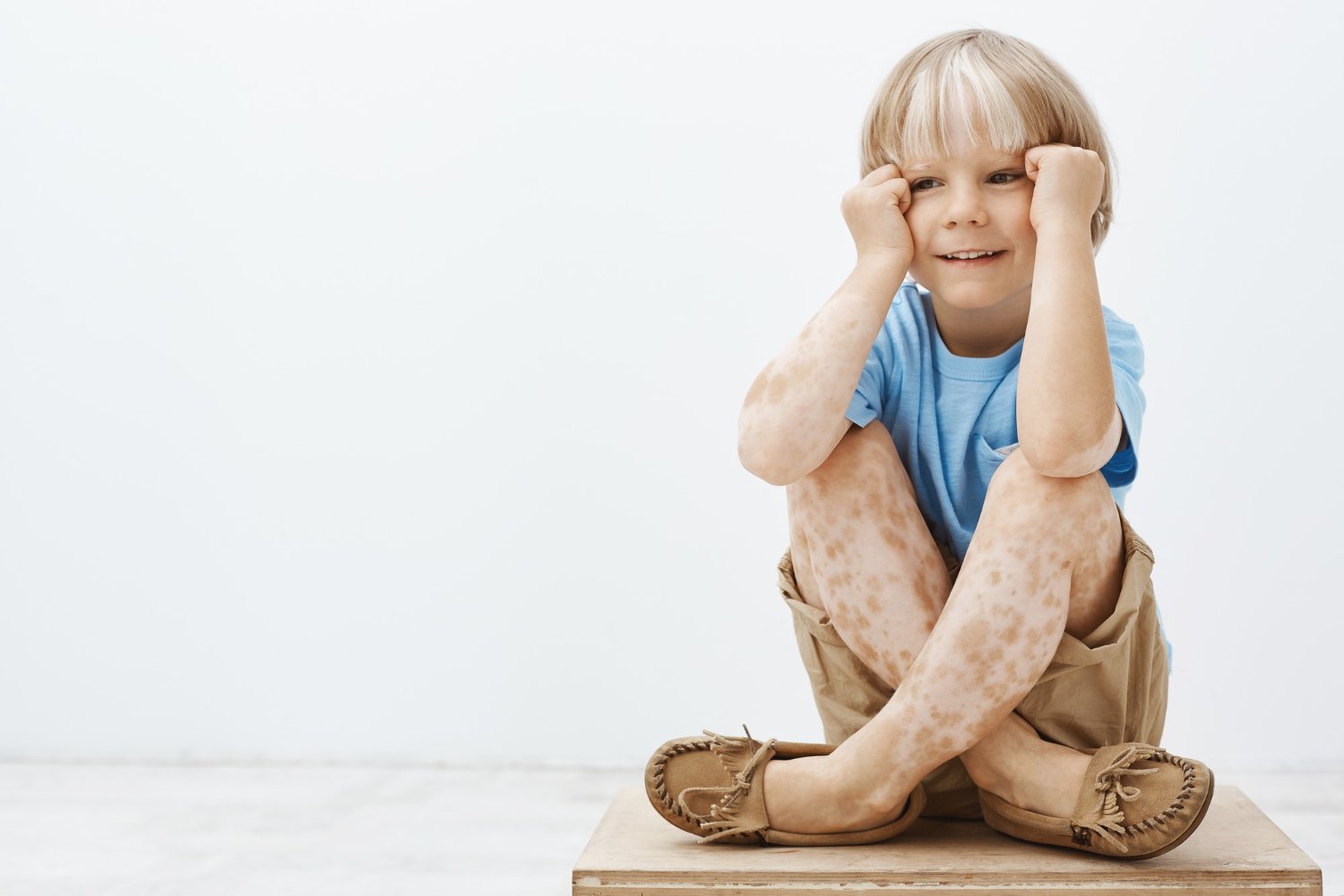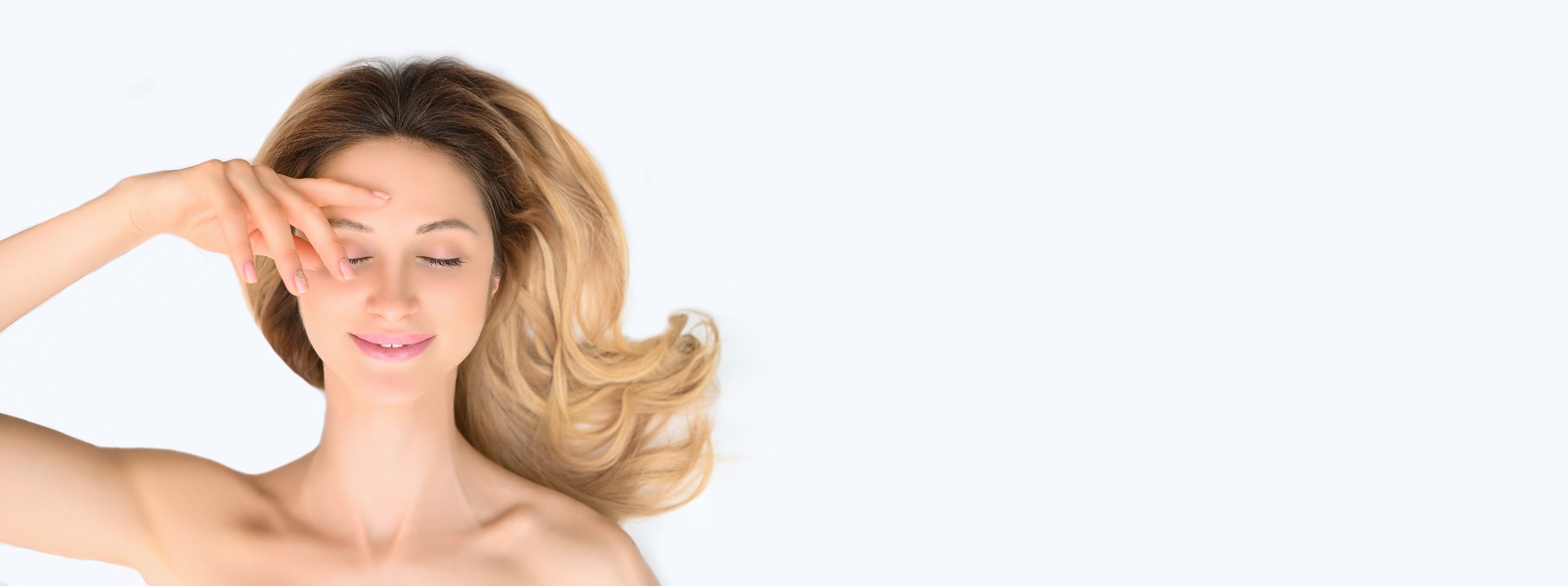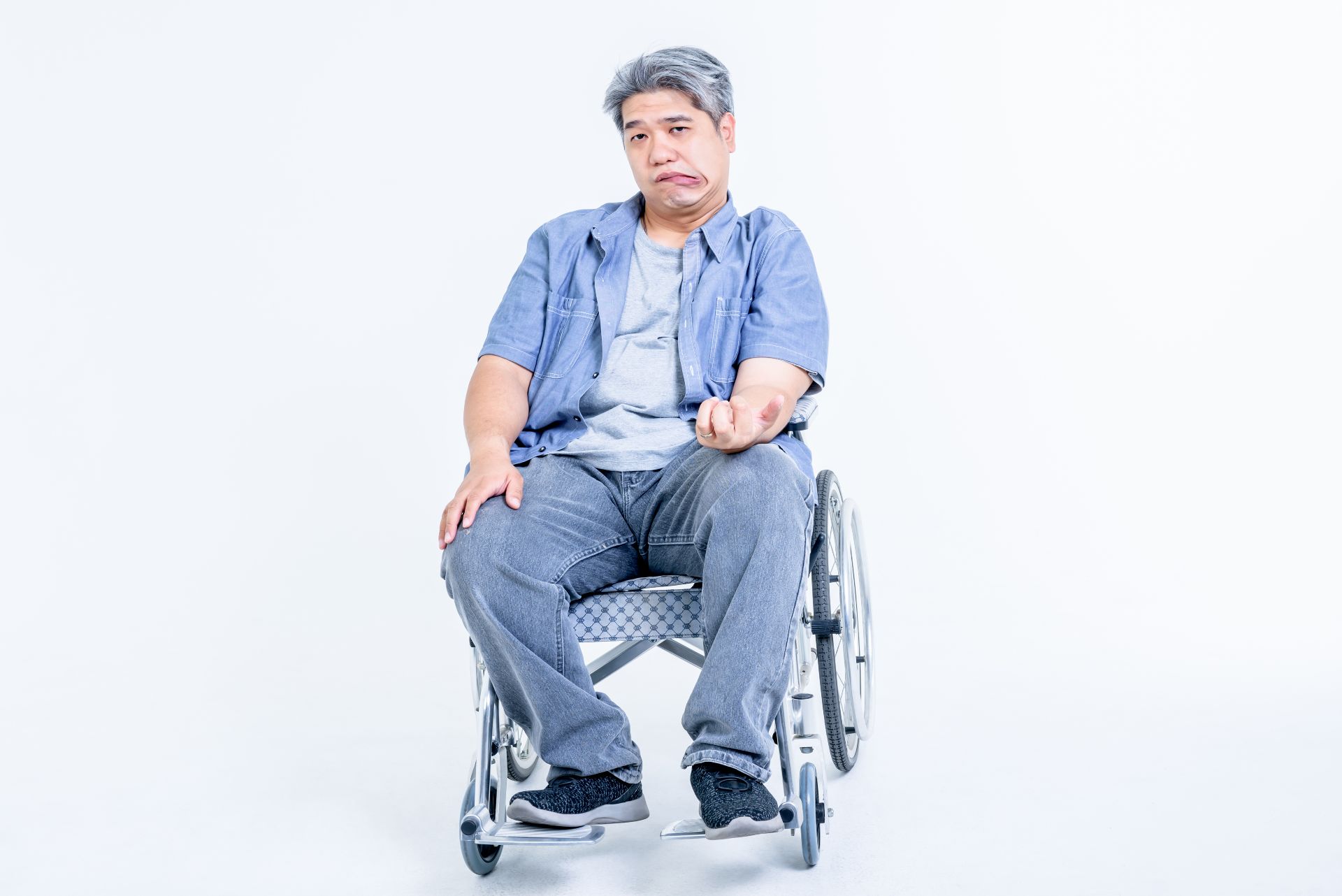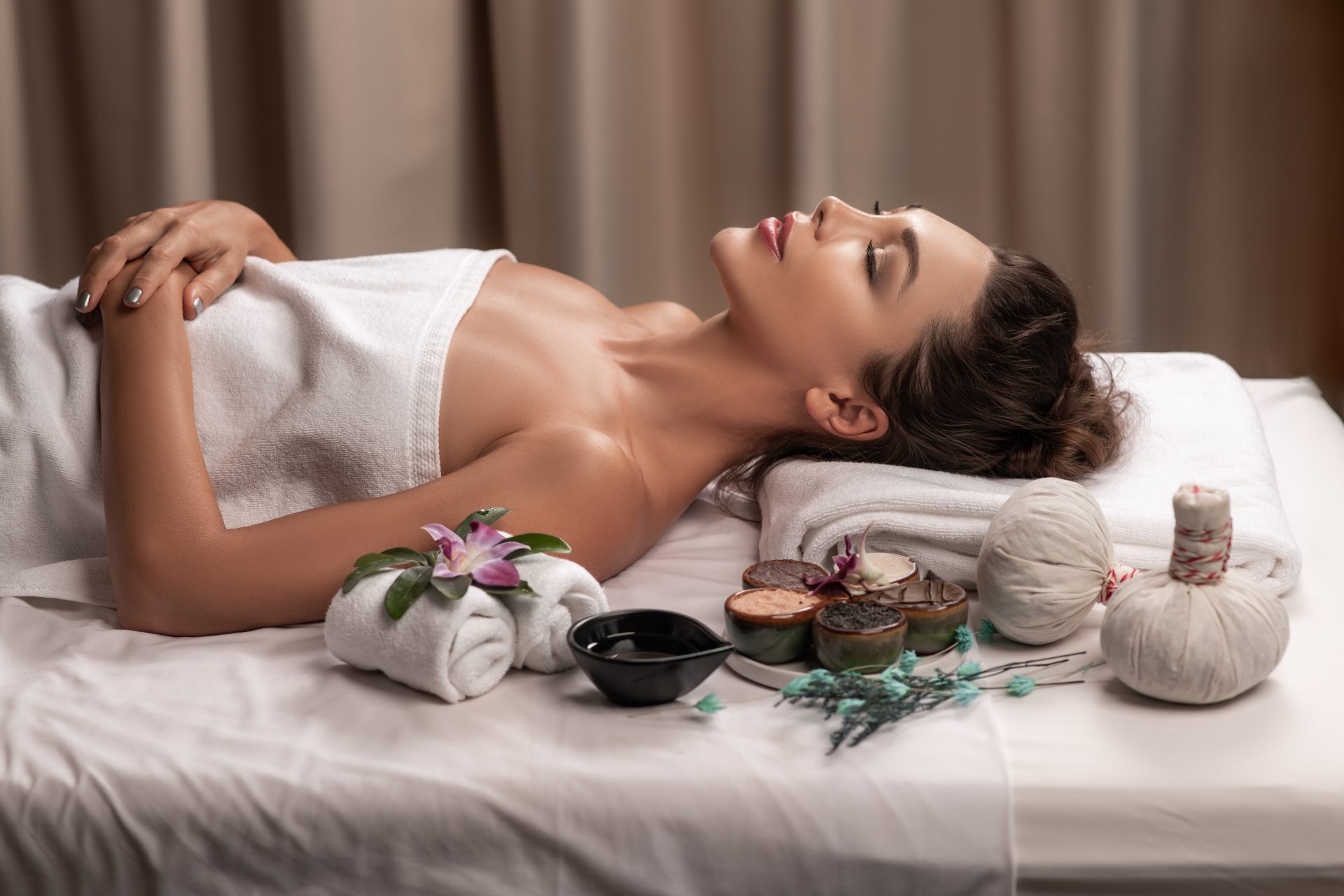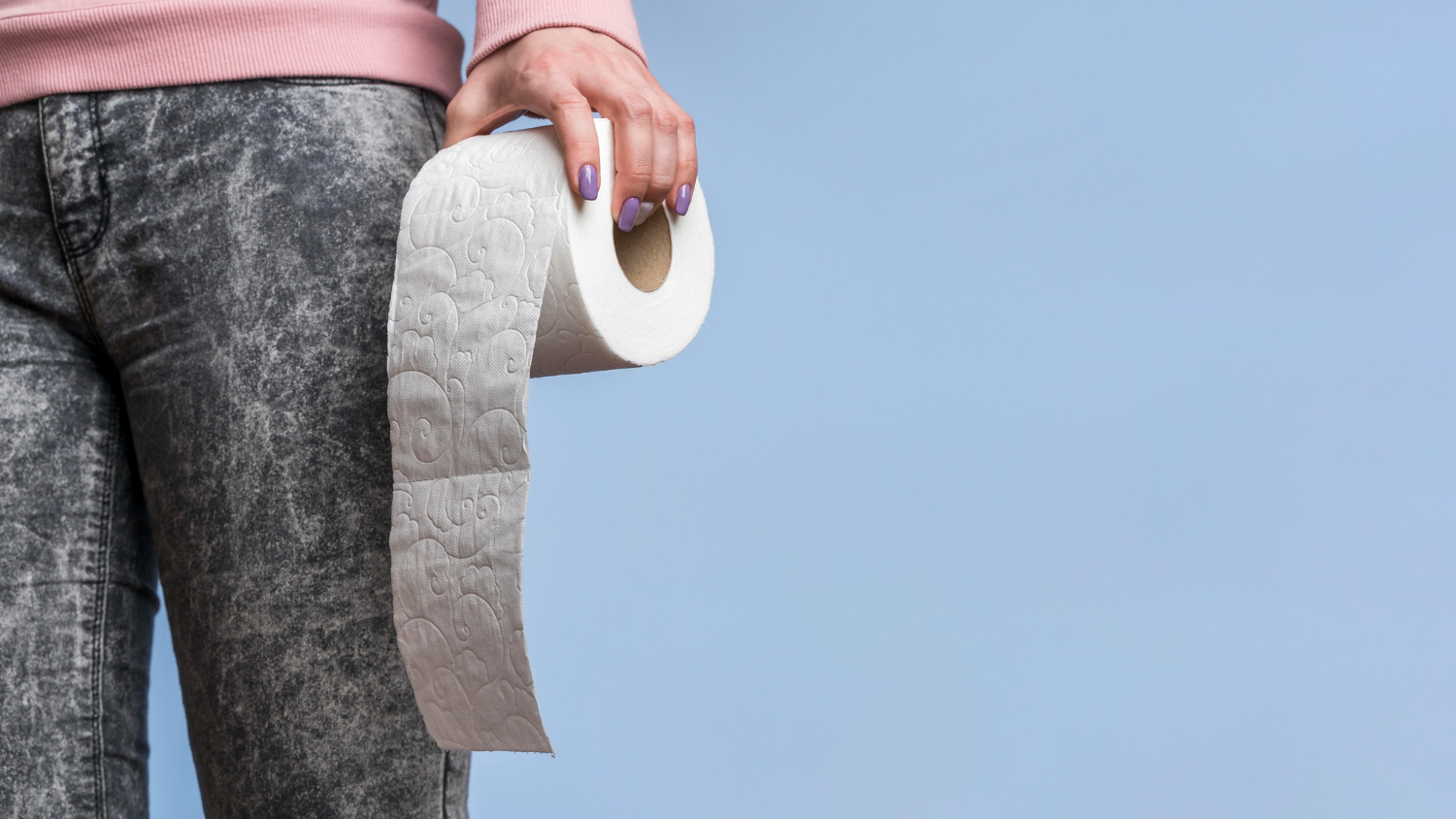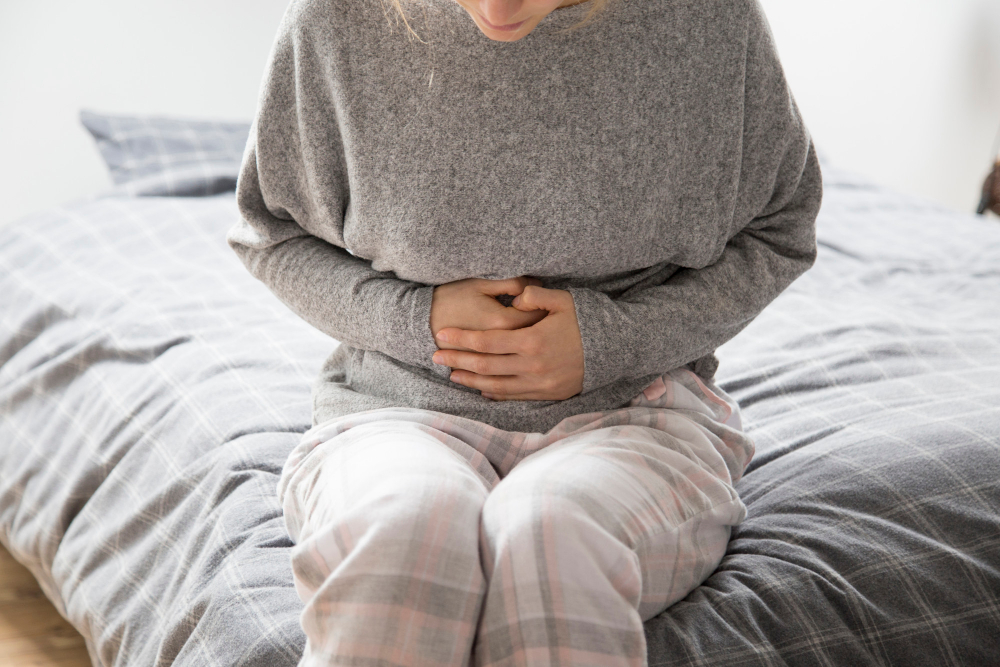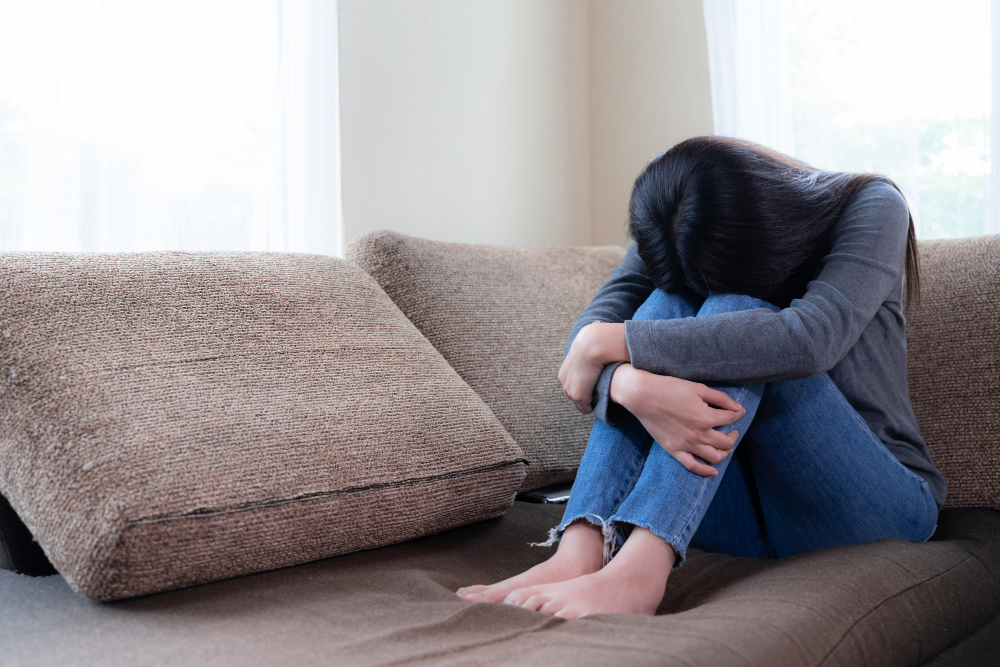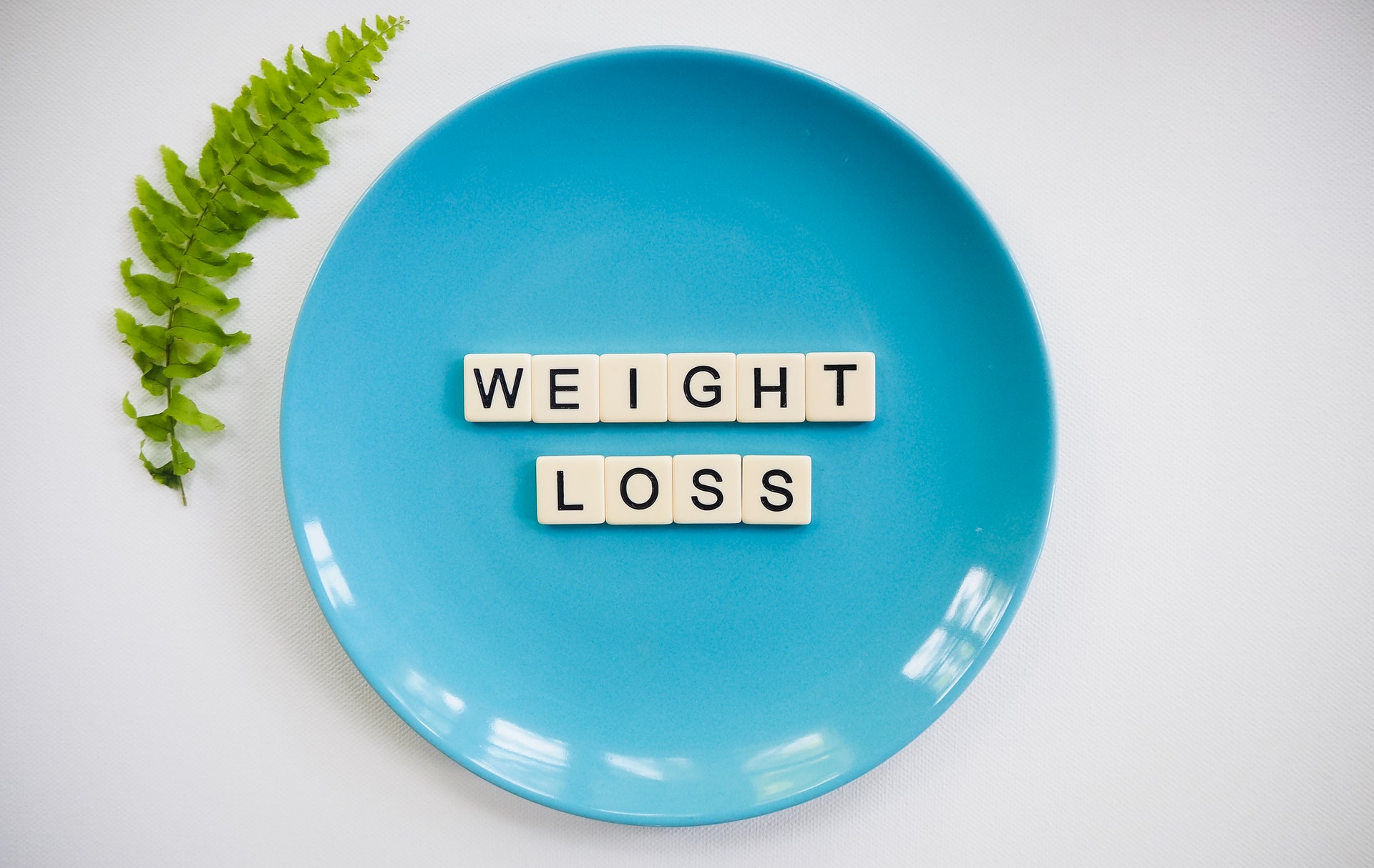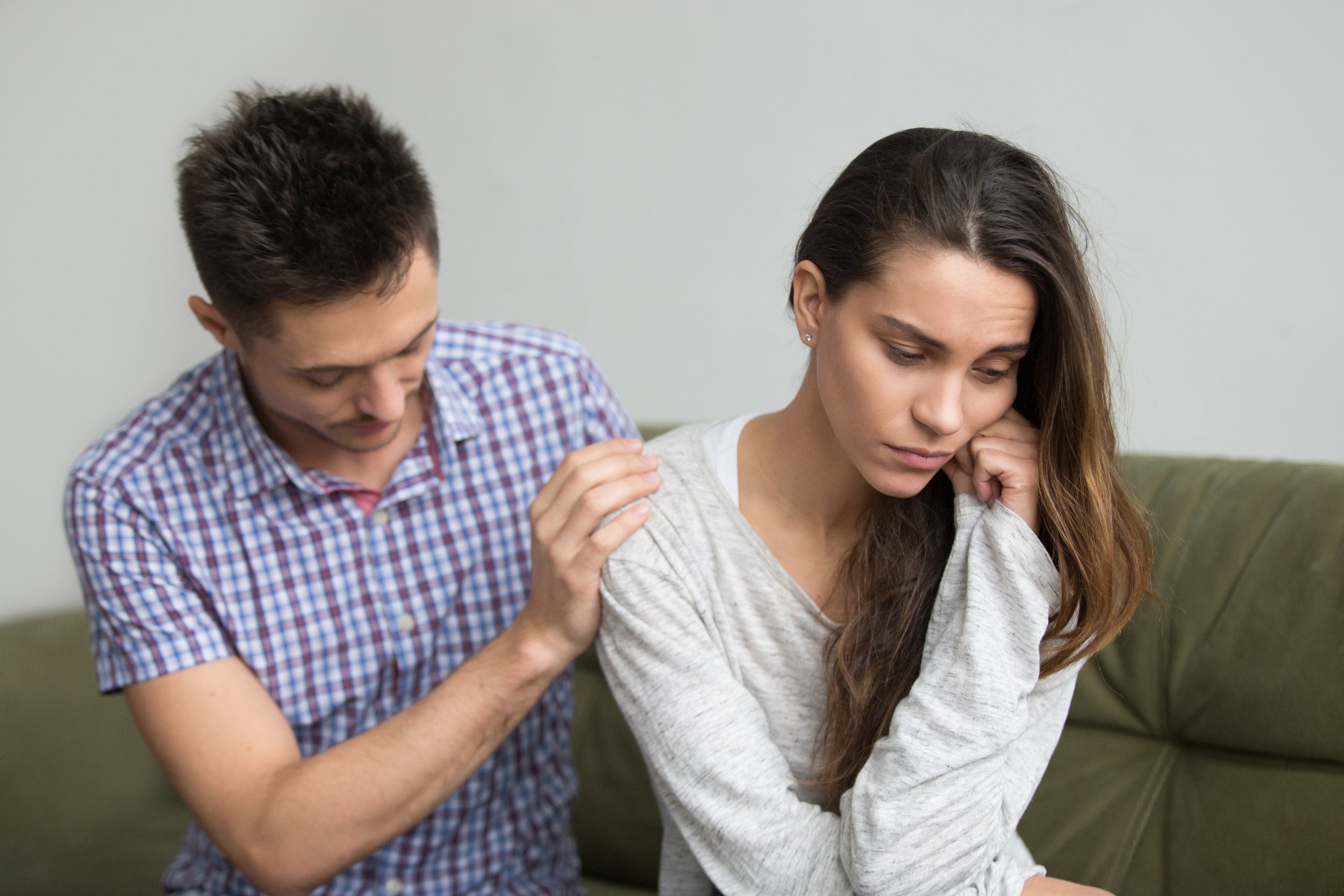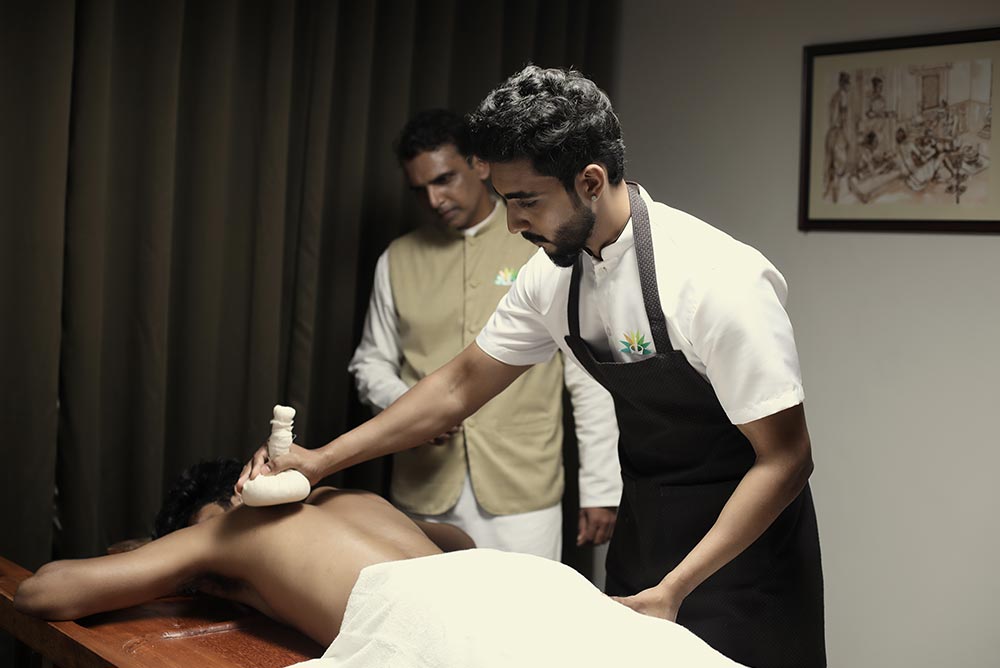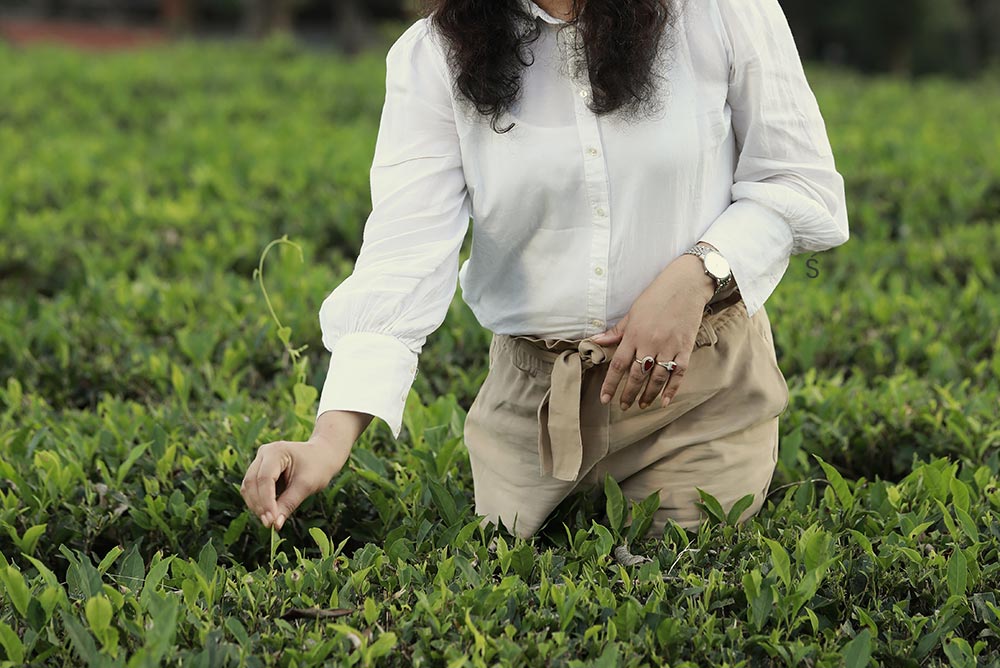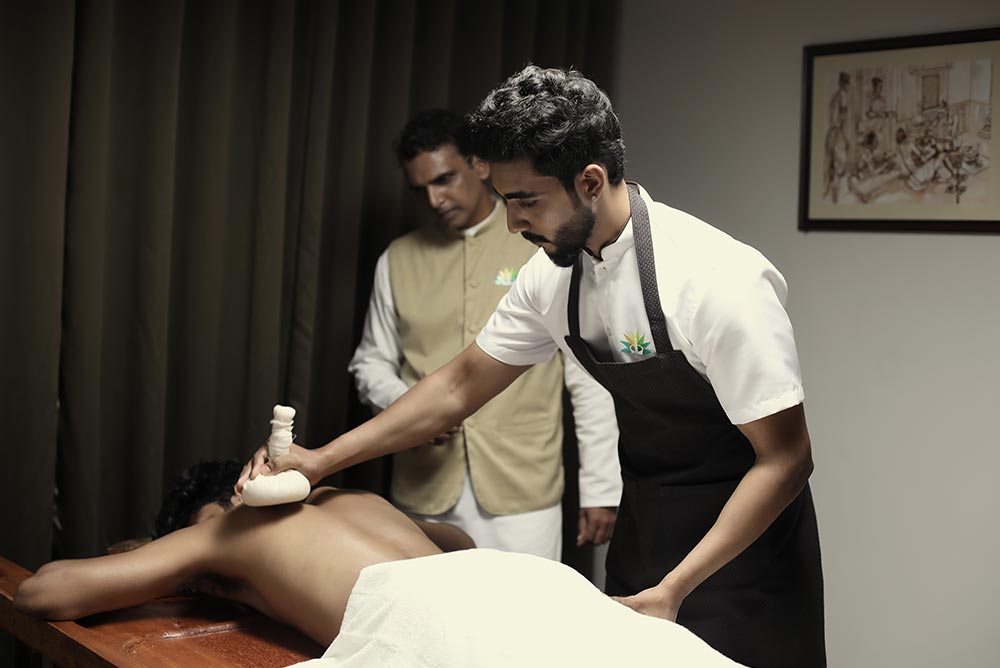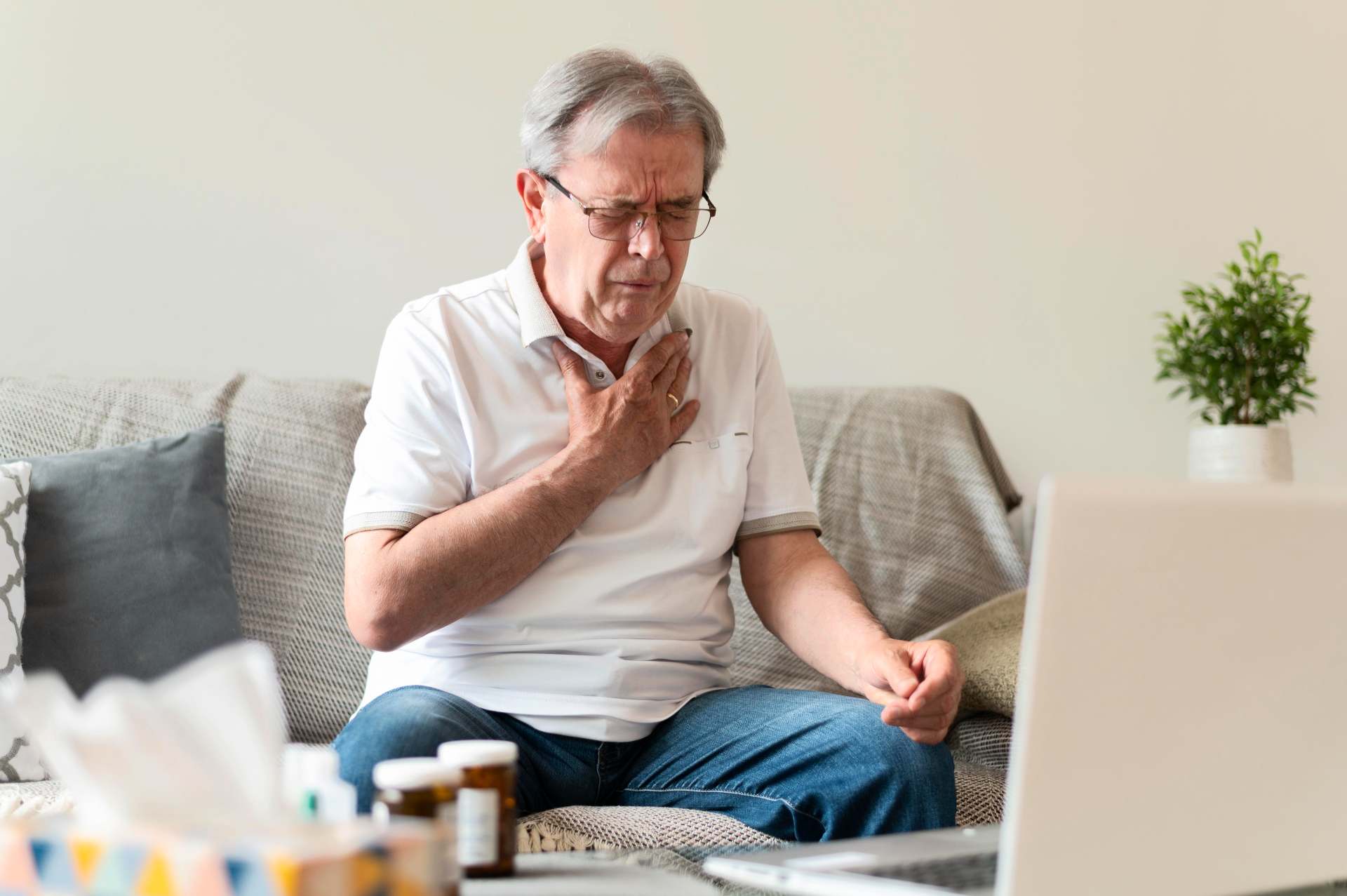
Ayurvedic treatment for heart blockage
Heart blockage or Atherosclerosis is the hardening and narrowing of your arteries, the blood vessels that carry blood from your heart throughout the body. The arteries get blocked due to a buildup of plaque around the artery wall.
Although considered a heart problem, arteries in any part of your body can be affected.
Signs and Symptoms
No symptoms might be visible until your artery is nearly closed or until you experience a heart attack or stroke. Symptoms are seen during your middle age or when you are older. Signs are also based on the type of artery that is narrowed or blocked.
The blocking of coronary arteries, carrying blood to the heart shows the following symptoms:
Arrhythmia, an unusual heartbeat
Pressure or pain in your upper body, including chest, arms, neck or jaw. This condition is called Angina.
Shortness of breath
Heart attack
Vomiting
Extreme anxiety
Coughing
Faintness
Symptoms related to the blockage of carotid arteries, delivering blood to the heart include:
Sudden weakness or numbness in arms and legs
Inability to speak or understand speech
Facial numbness, drooping of facial muscles
Paralysis
Severe headaches
Difficulty breathing
Confusion
Trouble walking
Trouble seeing in one or both eyes
Symptoms related to peripheral arteries, the ones supplying blood to arms, legs and pelvis include:
Pain in legs while walking
Numbness
Tissue death and gangrene in severe cases
Symptoms related to renal arteries, that carry blood to kidneys, are:
High blood pressure
Kidney failure
Loss of appetite
Swelling of hands and feet
Difficulty concentrating
Causes
The exact cause of heart blockage is not known. It is a progressive disease that may start during childhood and the symptoms appear in old age.
Heart blockage begins when endothelium is damaged. Endothelium is the thin layer of cells lining the arteries, which keeps the inside of your arteries in shape and smooth, maintaining the blood flow.
The common causes are said to be:
High cholesterol and triglycerides in blood
High blood pressure
Inflammation from Arthritis, Lupus, Psoriasis or Inflammatory Bowel disease
Smoking
Insulin resistance, diabetes or obesity
When the endothelium is damaged, blood cells and other substances clump at the site of injury. LDL, or bad cholesterol enters the wall of your artery, crossing a damaged endothelium. WBCs gush in to digest LDL. All these transform into Plaque, over time and begin to build up along the walls of your artery and get hardened. Then it becomes bigger and attains a large size, creating blockage. The normal functioning of the organs and tissues are affected because they do not receive enough blood.
When narrowing becomes severe, a painful condition arises and the blood flow can stop. There might be sudden rupture of blockages which can cause blood to clot inside an artery at the injury site, narrowing the arteries even more, limiting the flow of oxygen-rich blood to your body.
Risk factors
Age - Heart blockage is seen in adolescence. The risk goes up with age.
Family history
Abdominal obesity
Diabetes
High blood pressure
High Cholesterol ( high LDL and low HDL )
High alcohol consumption
Unhealthy diet
Lack of physical activity
Stress
Smoking
Sleep apnea
High levels of C-reactive protein (CRP), a marker of inflammation
Complications
Following cardiovascular diseases are caused by plaques:
Coronary Artery Disease : Angina (chest pain) is caused by stable plaques in the heart's arteries. When there is sudden plaque rupture and clotting, heart attack results.
Cerebrovascular disease : If brain arteries rupture, strokes are caused which may lead to permanent brain damage. Transient ischemic attacks (TSAs) may be caused by temporary blockages in your artery, warning signs of a stroke.
Peripheral artery disease : When there is narrowing of arteries in legs, poor circulation may result. Walking becomes painful and wounds don't heal. A severe form of the disease may require amputation.
Some of the other complications are:
Aneurysms : It is a bulge in the wall of your artery and it may cause no symptoms. As it bursts, internal bleeding may occur, which might be fatal.
Chronic kidney disease : The narrowing of renal arteries, prevents oxygenated blood from reaching them. Over time, this can affect your kidney function.
Treatment in Ayurveda
As per Ayurveda, undigested food or ama is the root cause for all diseases. Ayurveda is effective for heart blockages as it helps to reduce arterial blockages and contributes greatly to cardiovascular health, without any side effects or surgery.
Ayurveda lays stress on preventive measures for cardiac problems.
Aachar or normal conduct
Aahar or Diet
Vyayam or Physical Exercise
Yoga asanas and Pranayama
As per Ayurveda, the heart is one of the three main vital organs or marmas. It is the seat of Vata, Pitta, Kapha. Heart, from which all the main blood vessels originate, is related to Ojas or vital fluid which sustains the consciousness and keeps you alive.
Treatment in Ayurveda is determined according to your body constitution.
Following an adequate diet and lifestyle is the basis for the treatment.
Treatment : Snehana (oleation), Swedana (fomentation), and Vasthi (medicated enema) are helpful in increasing oxygen uptake.
Panchakarma package including vegetarian diet, meditation, yoga, and massages is very beneficial in treating heart blockages. This detox is essential at least once a year. Ayurvedic herbs are also used as part of treatment like Arjuna powder.
Yoga and Pranayama relax your mind and keep your heart healthy. Shirodhara helps reduce stress.
Follow these tips for a good heart health:
Follow a heart-healthy diet. Avoid processed and junk food, red meat, sugar, refined flour etc.
Use desi ghee, buttermilk and plenty of fruits and seasonal vegetables.
Quit alcohol intake and smoking.
Exercise regularly
Use anti-inflammatory herbs like turmeric, cinnamon, and ginger.
Avoid stress
Treatment at Jeevess
Swedana or therapeutic sweating helps to dilate channels or srotas. It is done after Snehana procedure which helps to eliminate the toxins accumulated in the body. Panchakarma therapy is offered for a complete detoxification. Yoga asanas and Pranayama are also practiced.
Jeevess offers the most customized treatment to keep your heart hale and hearty.



